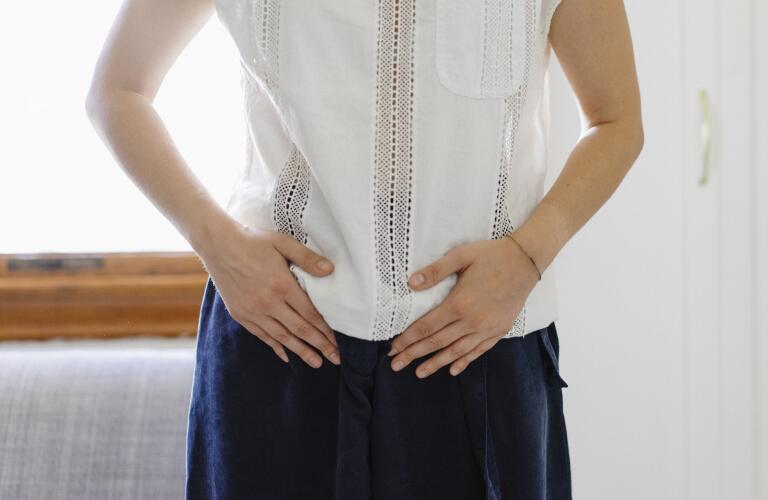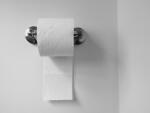
The pain in your pelvic area tells you something is definitely wrong. You also have sudden, strong urges to urinate, even when you don't have much urine to pass. And you find yourself going to the bathroom a lot more often than usual.
What's going on? Your first guess might be a urinary tract infection (UTI), and that often turns out to be correct. But in other cases, you might have a painful bladder condition called interstitial cystitis (IC). Here's how to tell the two apart.
Similar symptoms
First, compare the symptoms of UTIs and IC.
Interstitial cystitis:
Pain in your bladder or pelvic area, which may ease temporarily when you urinate
Sudden, strong urges to urinate
Urinating more often than normal
A burning sensation when you urinate and/or pain in your lower abdomen or back
Sudden, strong urges to urinate
Urinating more often than normal
Cloudy, dark, bloody, or odd-smelling urine
As you can see, there are strong similarities. To make matters even more confusing, some people with UTIs have repeated infections—at times, three or more a year. Meanwhile, some people with IC have symptoms that come and go in a series of flare-ups and remissions. The two disease patterns can look a lot alike.
Infection or not?
Although recurrent UTIs and IC may appear similar, they have different causes. A UTI is an infection that's usually caused by bacteria. In contrast, IC is a chronic pain condition of the bladder, which is diagnosed only if no signs of infection are found. The cause of IC is still uncertain. However, some doctors believe that it may be the result of more general inflammation throughout the body.
To differentiate a UTI from IC, your doctor may order a urine culture. You might be asked to give a urine sample using the clean catch method. The clean catch method involves cleaning your genitals and then collecting urine midstream in a sterile cup. Or urine might be collected through a catheter, a thin tube that the doctor inserts through your urethra (the opening through which urine is passed). The urine is then checked for bacteria and infection-fighting cells—signs of an active infection in your urinary tract.
The treatments for UTIs and IC differ as well. Antibiotics—medications that target bacteria—are the standard treatment for UTIs. Antibiotics don't work against IC, although a number of other medical treatments and lifestyle changes may be helpful.
The bottom line: If bacteria are found in your urine, and if your symptoms get better once you start an antibiotic, you probably have a UTI. If not, you might have IC. The sooner a correct diagnosis is made, the sooner you and your doctor can find the right treatment for that "something's wrong" feeling.

















